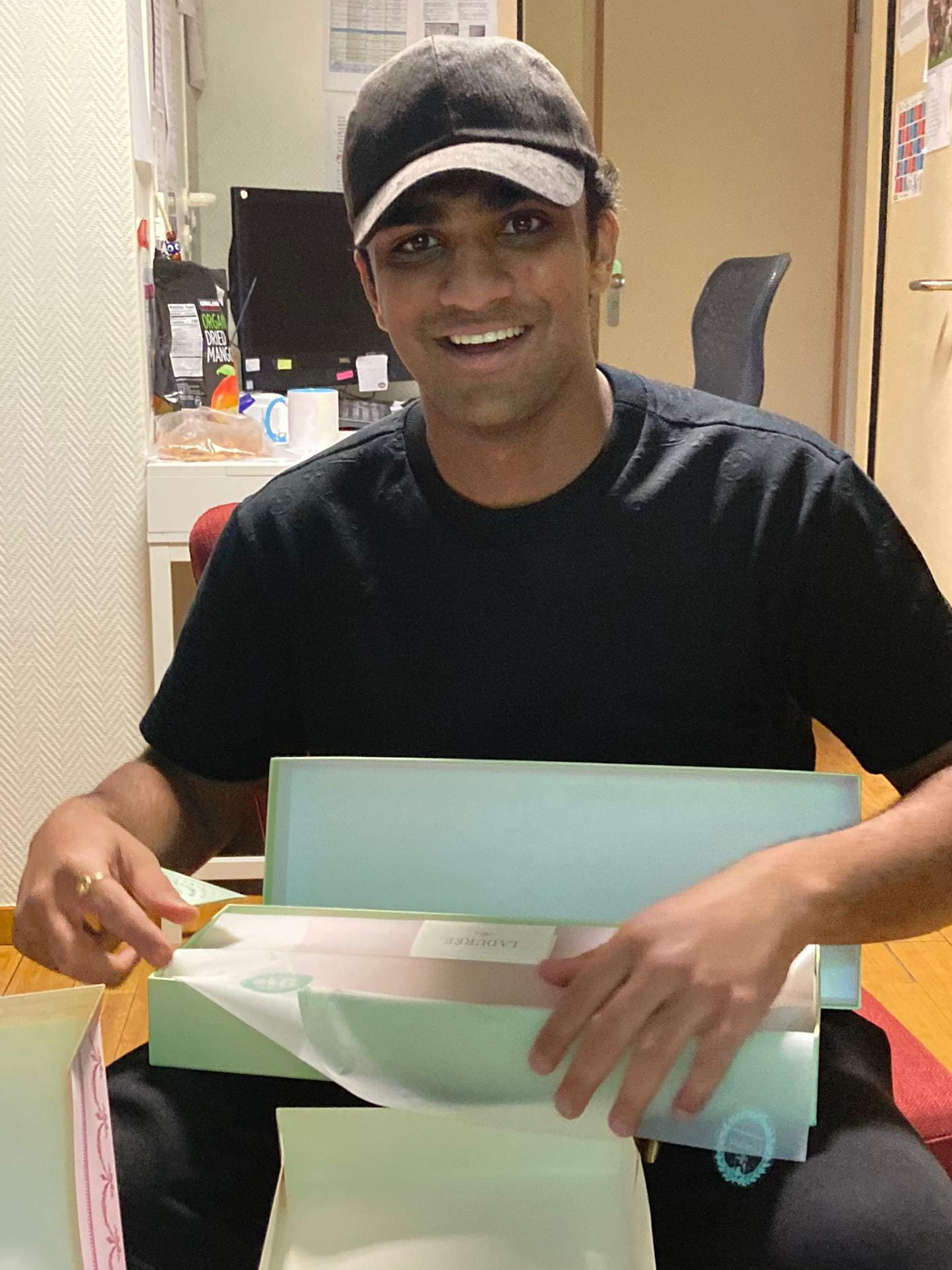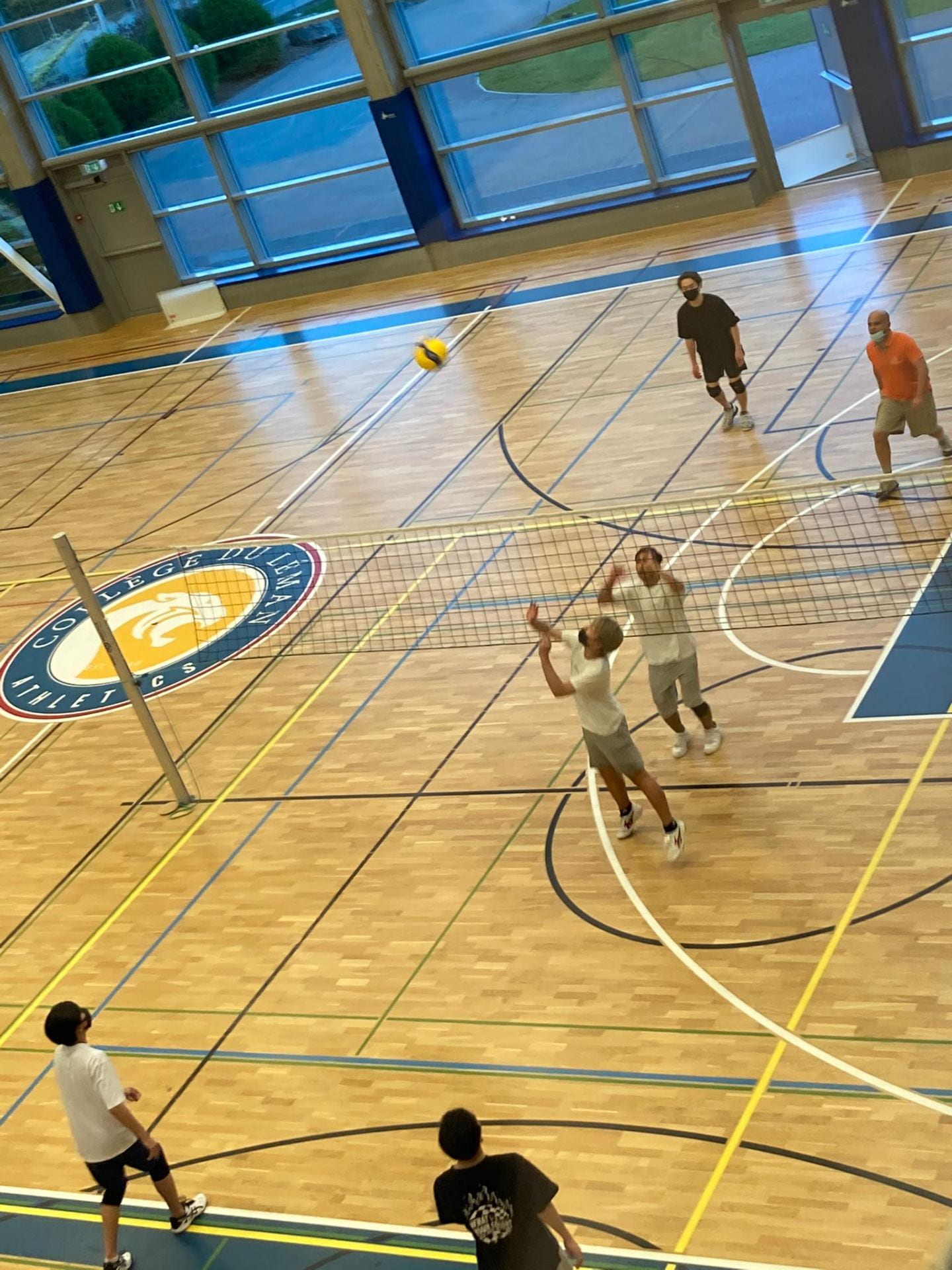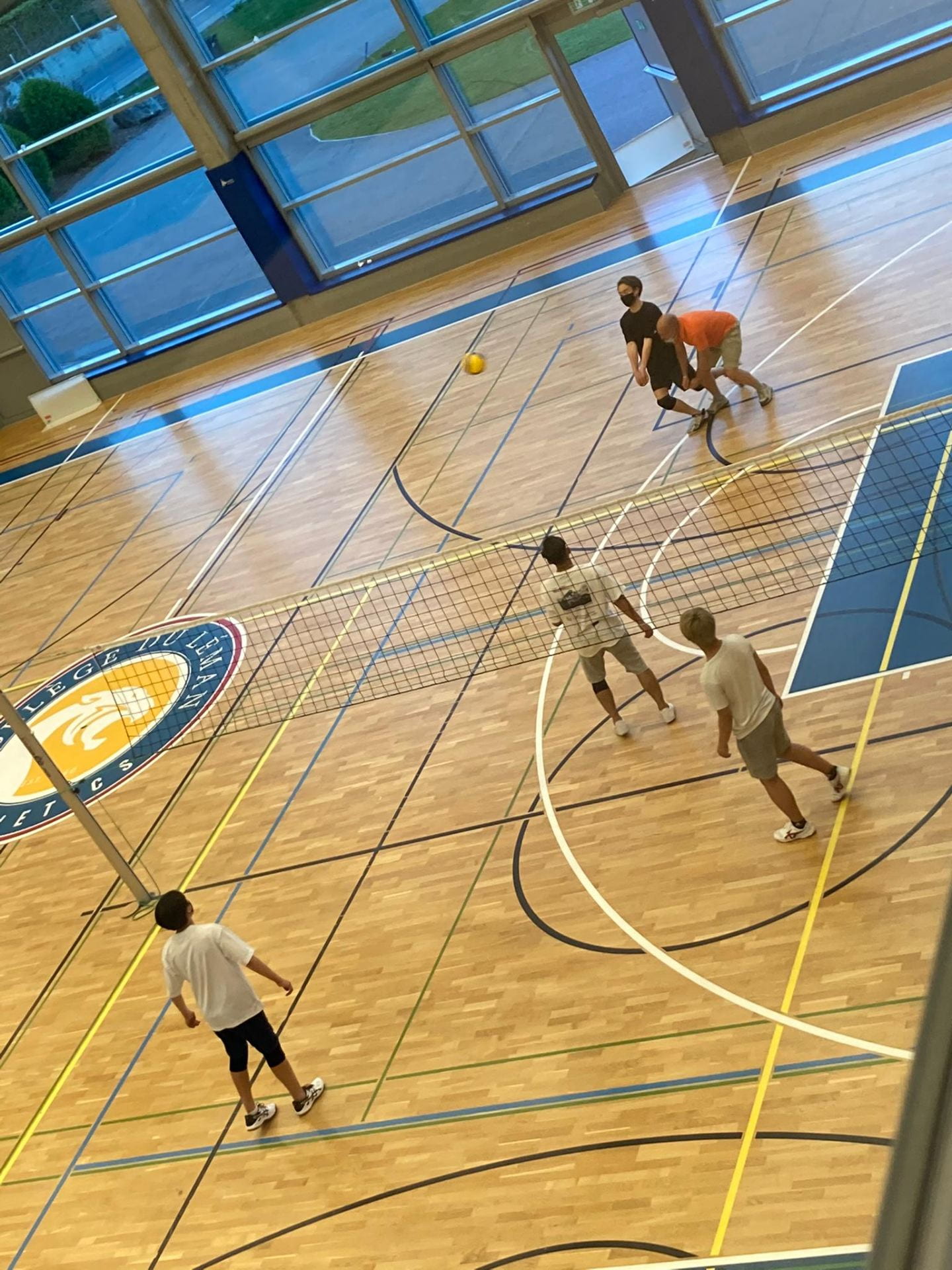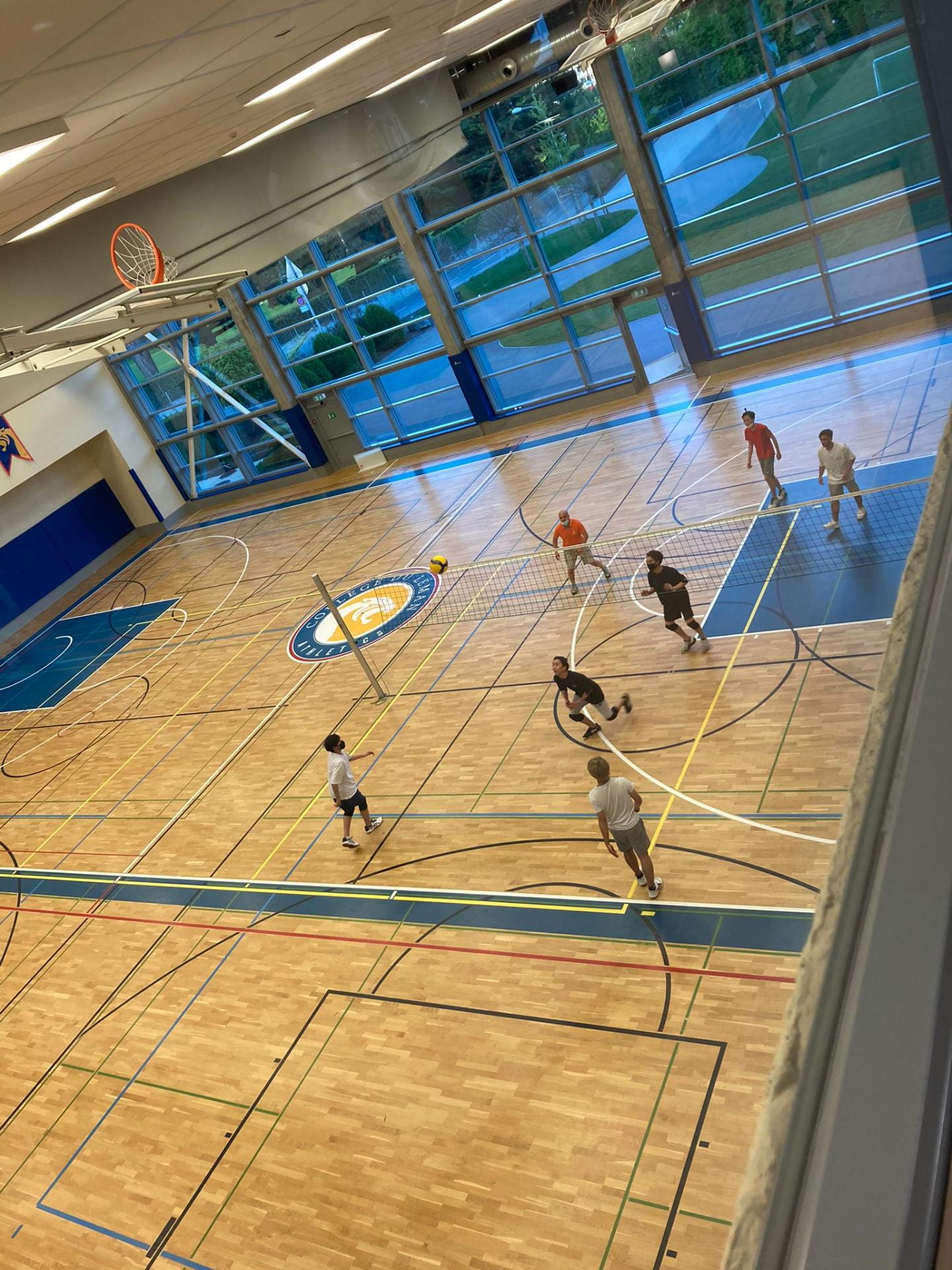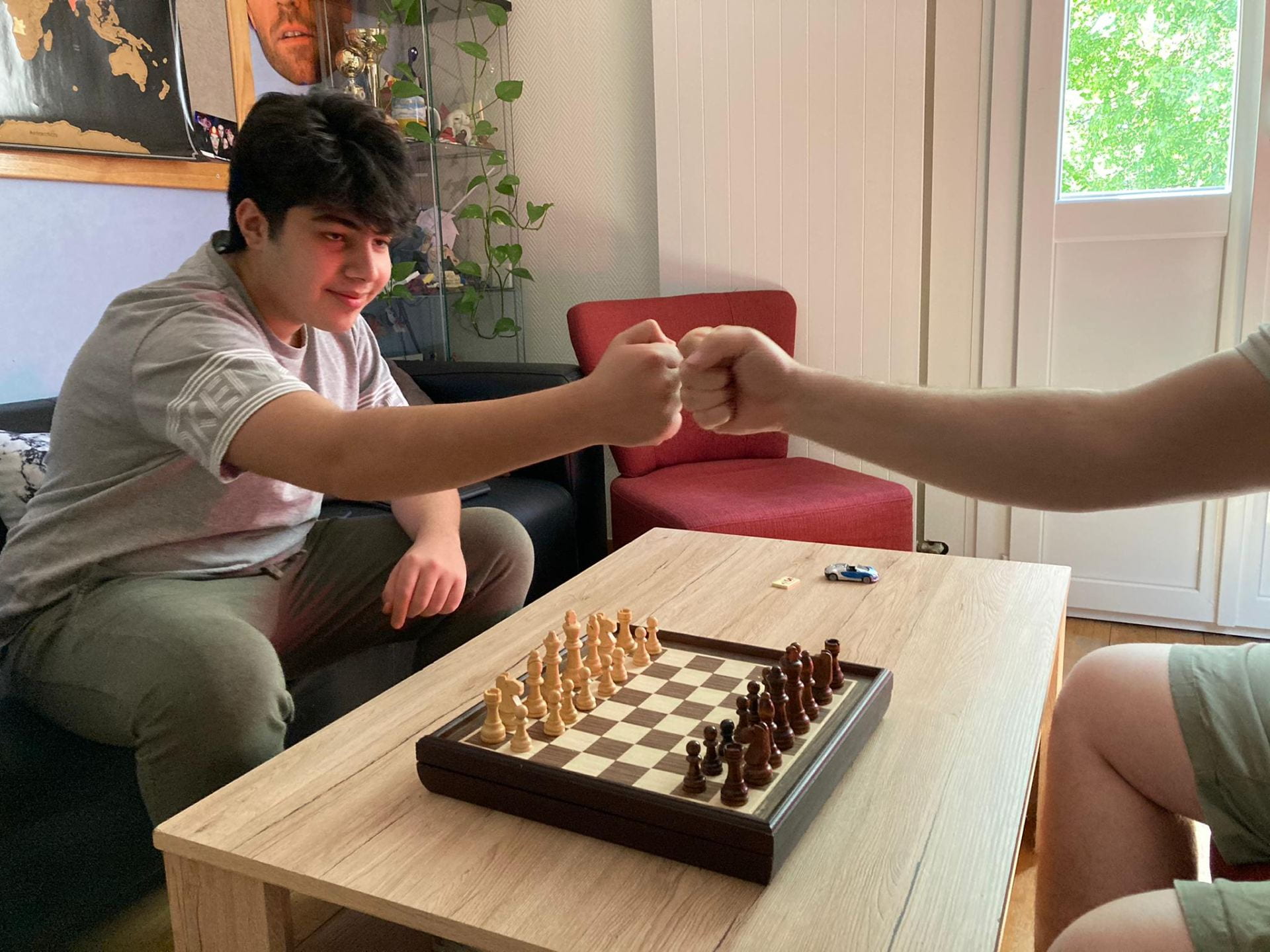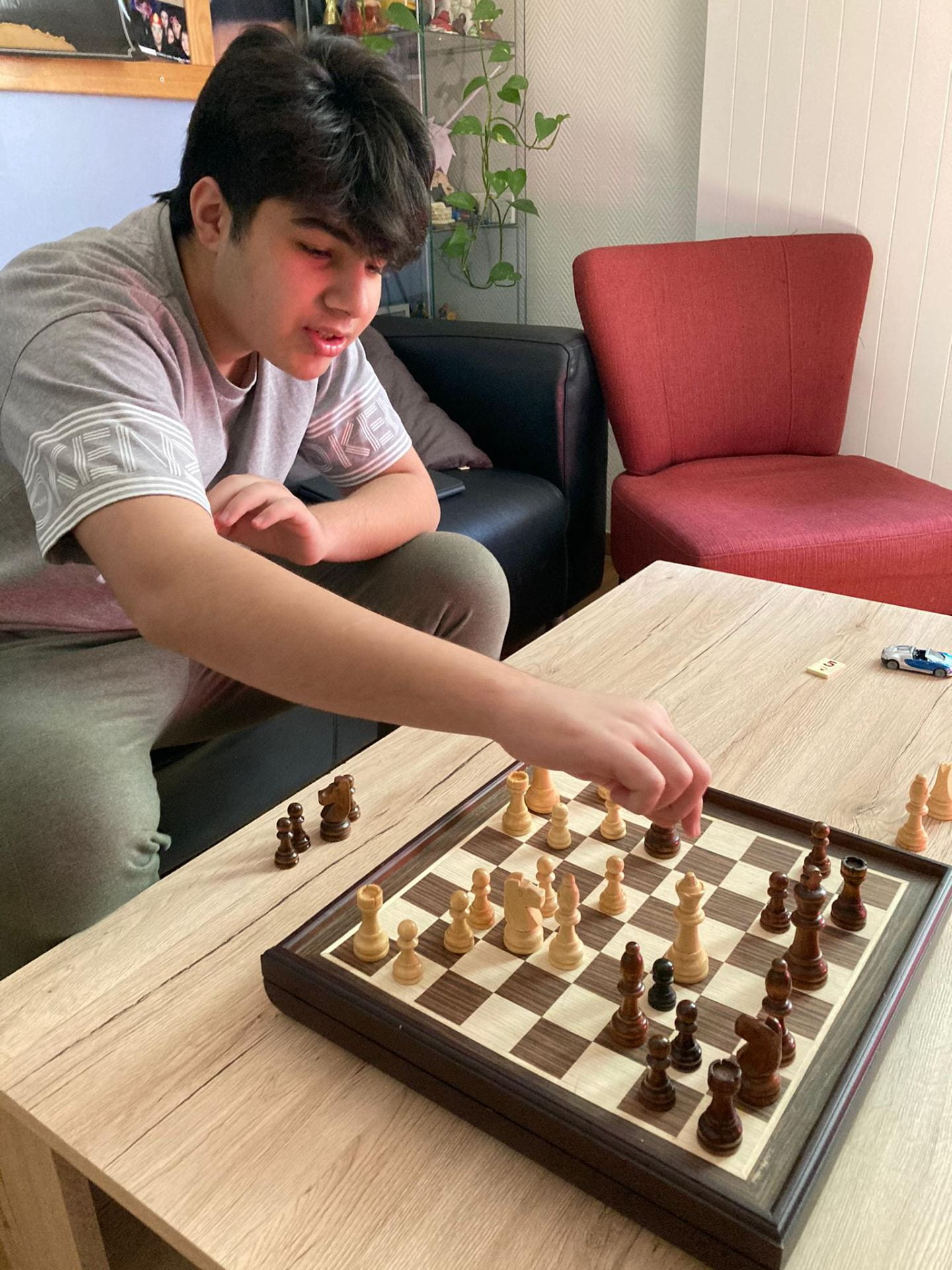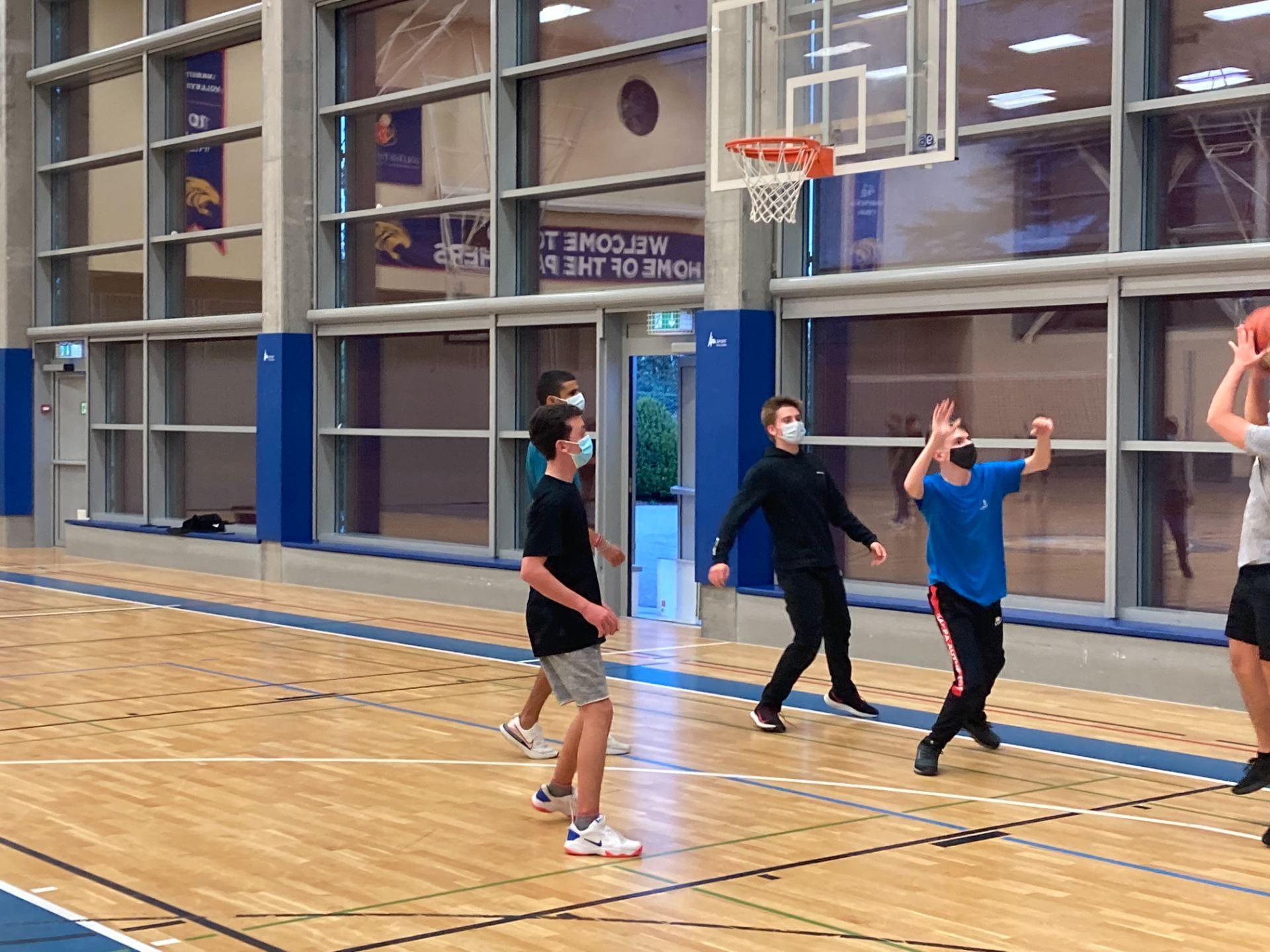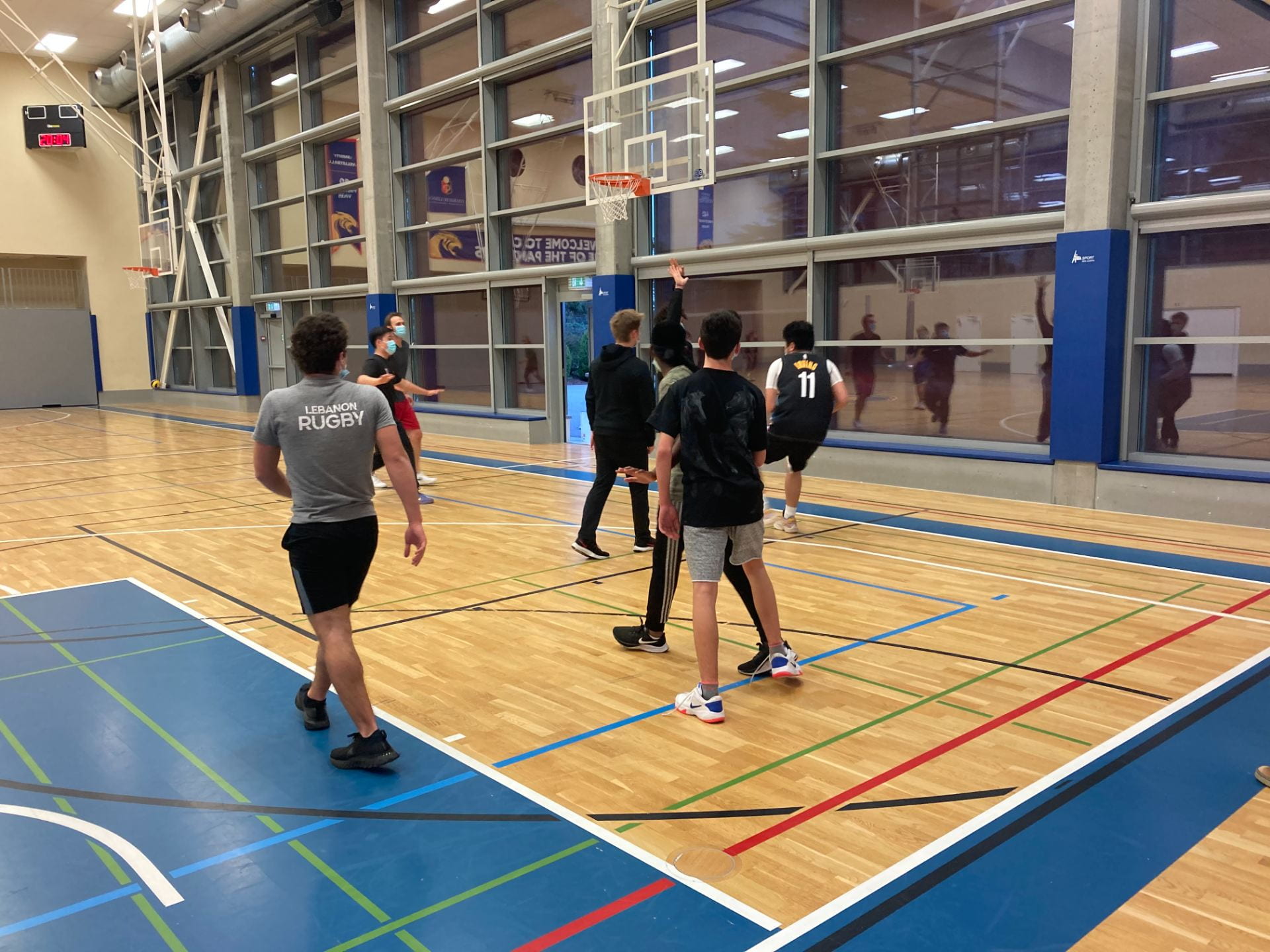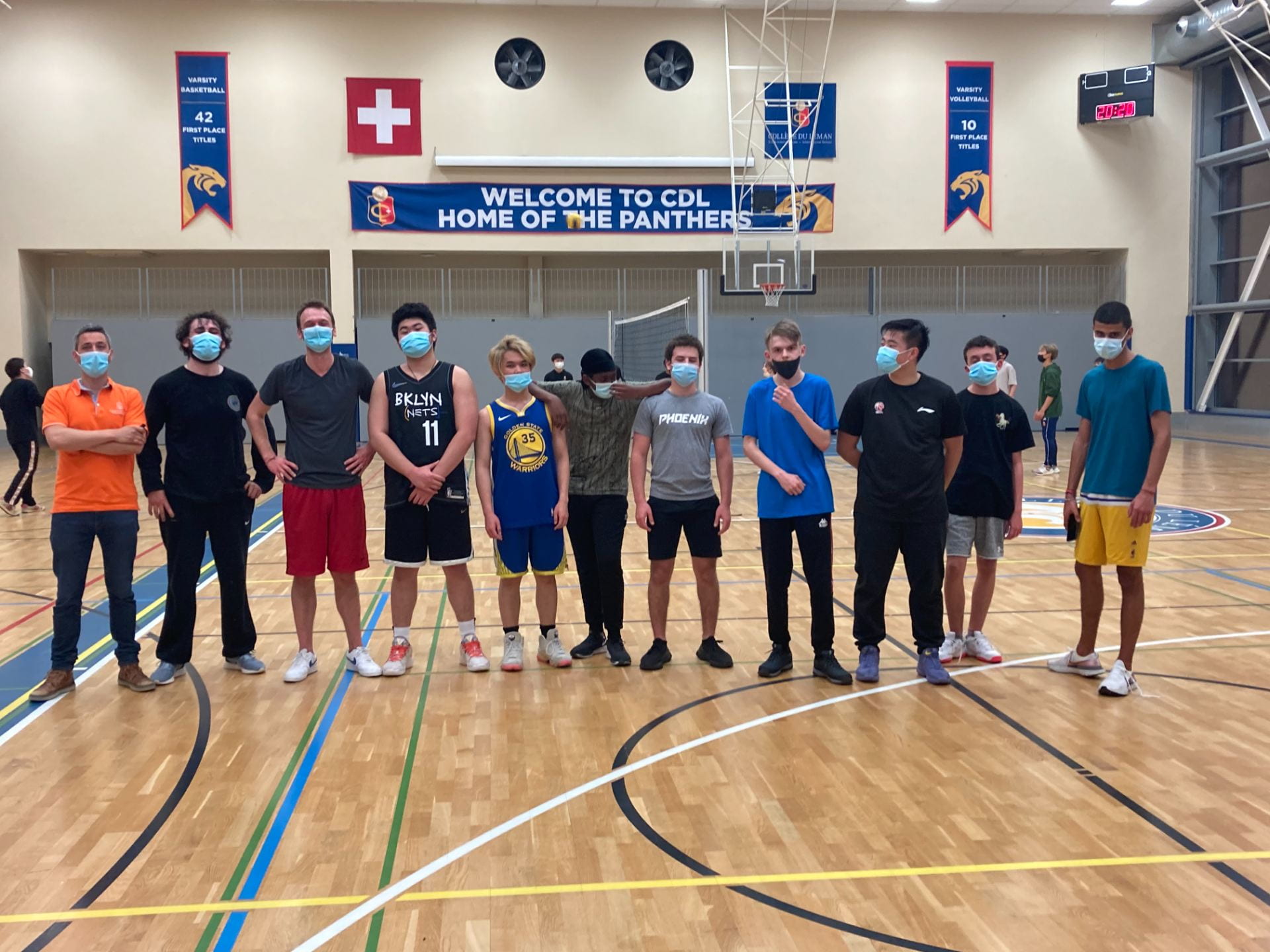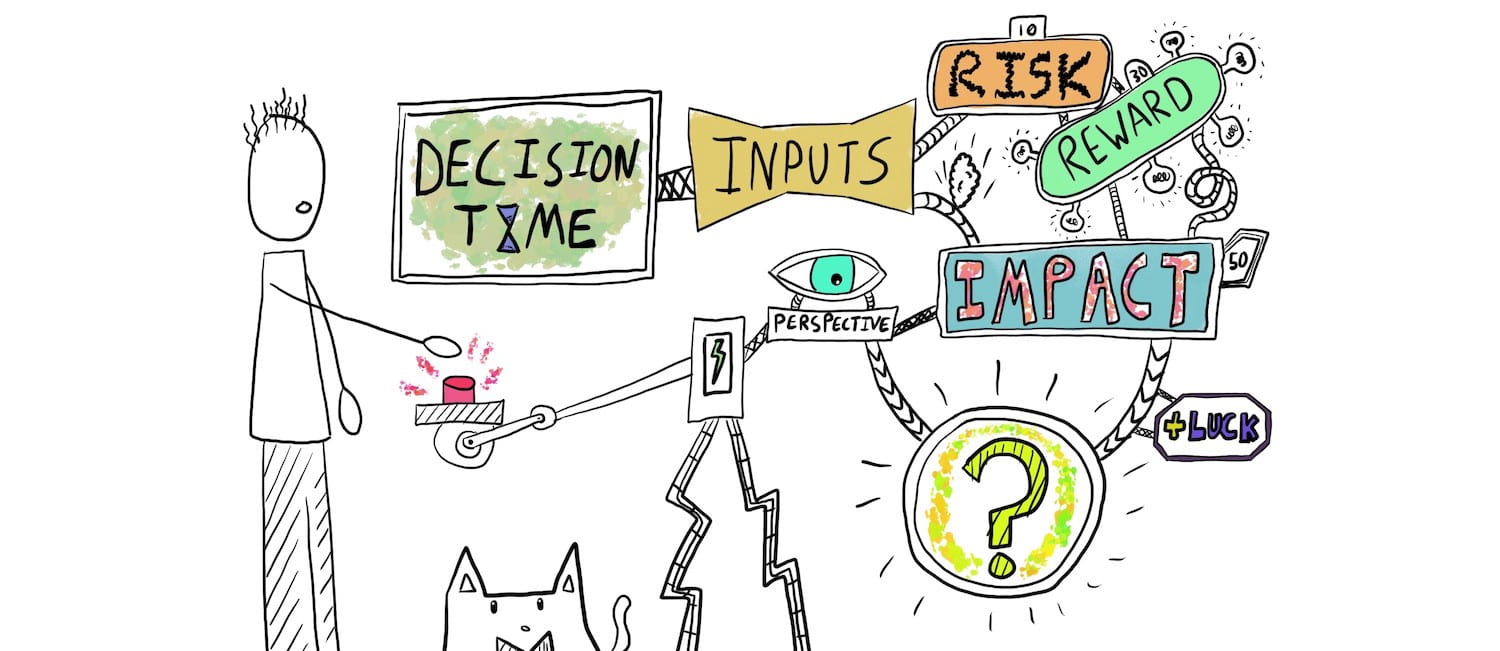Author Archives: amontes
Happy 18th Birthday Aryan
The way to happiness
The key to happiness is simplicity.
At least that’s what the boys seem to think.
We have talked about the balance between immediate and long term satisfaction. Whilst immediate satisfaction focuses on the moment and is definitely important to make our present lives meaningful, long term satisfaction grasps a deeper meaning and engages us in a long term project of building the foundations of our future happiness.
It takes commitment and sometimes the sacrifice of our immediate wishes and instincts. So while a part of us focuses on a “carpe diem” mentality, the other should work on the things that will drive us to a happy stable future.
Another topic was: the sense of happiness can’t exist without the knowledge of what sadness is. Happiness and sadness are two sides of a coin as one can’t be without the other. Anyone who hasn’t experience sadness will never appreciate joy when he feels it. One can debate if a human being can live and be happy without feeling sad… however, most likely this has never happened.
And as you can see in the video below, for all the boys, happiness is not a difficult thing.
Volleyball
36000 steps
Chess and Fair Play
Ethics and courtesy are at the heart of Léman Boarding House so even before a Chess game, greetings and Fair Play are the key 🙂
The match started with a traditional opening from the whites who quickly made an impression against the opponent who, in his turn tried to defend its positions as effectively as possible. Little by little the match became more balanced with the blacks using a more aggressive pressing at the centre of the chessboard whilst using the flanks to pierce through the enemy’s lines with a well-thought combination of swift but surprising moves.
The whites, quickly resented the physical efforts of the intimidating opening and were caught distracted and unprotected in the person of their King who ended up surrendering to the black army to great despair of his Queen, helpless to come to rescue her beloved one.
In the end, the blacks celebrated victory but not for long as a revenge battle was promised for the days to come.
Making mistakes
Let’s be honest. We all do it. Everyone does it. We will keep on doing it.
Mistakes are an important part of our lives. We can’t picture a meaningful life without mistakes. Mistakes are the choices we make that enable us to learn, assess and move forward. Without them our learning curve wouldn’t exist, our existence as intelligent beings wouldn’t make sense… we would do everything purely by instinct without this wonderful capacity of looking at what went wrong and what could we have done differently.
Particularly for young people, mistakes are seen as a dreadful and haunting thing. Well… it all depends. While making mistakes is a part of growing up, repeatedly making the same mistakes and using this excuse to keep them going and going, and showing no progress or positive learning, then indeed it becomes counter productive and it’s careless behavior.
That is why rules and laws are so important. They set the boundaries of our freedom and lay the foundations of a balance for a whole group or society. For as unpleasant and hard to follow as they may be, they are the pillars of any organized structure and they exist even in animal societies. By not respecting them we interfere with the whole community and its sense of fairness, we cause harm and deceive those around us.
What is essential is to understand the reasoning behind these rules. Blindly obeying to rules and laws, in a practical sense is ok, but one who does so, does not understand why complying is important. His responsibility towards them is passive. On the other hand with an active responsibility we understand and embody the principles of that guideline and do that out of respect to others and ourselves too
“To err is human, to forgive is divine” said the great poet Alexander Pope. This is what we try to do here. We give our students room to learn, we encourage and try to accompany them in this process. And we try to forgive, because making (legitimate and innocent) mistakes and forgiving are part of the values we consider to be the core of our pastoral role.
Leman 38 – Olympus 32
The Adolescent brain
Our topic today was focused on the complexity of the human brain during adolescence.
This topic could have given food for thought ( and conversation for hours ) but we have used a nice summary in the shape of this great video by Dan Siegel.
Despite being a short video it gives us a nice introduction to processes like Pruning and Myelin formation which are extremely important to youngsters.
In short, it is important to retain that a teenager’s brain is in constant development, it changes everyday and it is far from completing its maturing. In fact, adolescence is an extremely exciting period where the brain suffers a lot of challenging dynamics which, when nurtured and guided, allow the teenager to develop in a balanced and creative way.
As a part of ourselves, which command all our ideas, feelings and thoughts, it is essential to keep our brain in great shape and allow it to blossom ( with good amounts of sleep, a healthy diet and regular exercise – mental and physical ).
A quick discussion was held about how easy it is to take decisions. While Aryavir claimed it was easy to follow your gut feeling, Junior argued that “no, a serious decision needs to be pondered and can’t be taken lightly”. The agreement was that of course it depends on the impact and complexity of the decisions. One cannot compare deciding between pizza or tacos and which university to apply to.
Pillar 5 – Making responsible choices
With the opening of the final term of this year we enter as well in our final Wellbeing Pillar.
This Pillar has the peculiarity of embodying all the teachings and lessons from the previous ones and reaches out for something that is and will always in our lives.
Making responsible choices is certainly one of the most challenging things in one’s life and it is not always an easy task.
As teenagers, students are faced with the overwhelming responsibility of making choices which may affect forever (or for a long time) their lives… and often a lot of pondering, maturing and reflection is needed. Then these choices may prove to be right or wrong and it is our job as individuals to be ready to face it, take on the consequences and eventually learn from these situations. Let’s face it… sometimes what seemed to be the best choice, happens not to be. It’s life.
In a senior House like ours, this is even more evident as students need to focus and decide on such important matters as choosing which Universities to apply to. Where to study next? How will I manage on my own..?
The list exhaustive, endless and there is no specific key for this, but common sense, listening to sound advice and thorough reflection can help a lot.
These will be the key take-away points for this Pillar:
• The ESSENCE of teen brain and the science behind decision making process
• Consequences
• Self-discipline
Students will be given only two choices for their Individual Projects. They will have to
join either:
• The discipline revolution project, or
• The happiness project
More information will follow. It’s your decision to come again to this blog 😀

